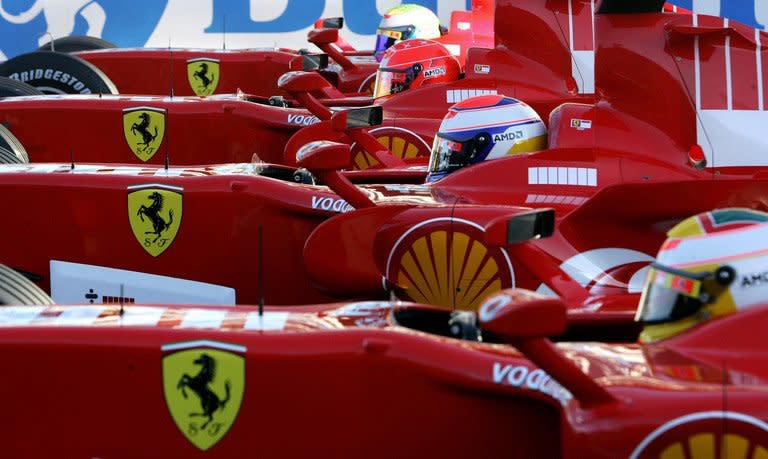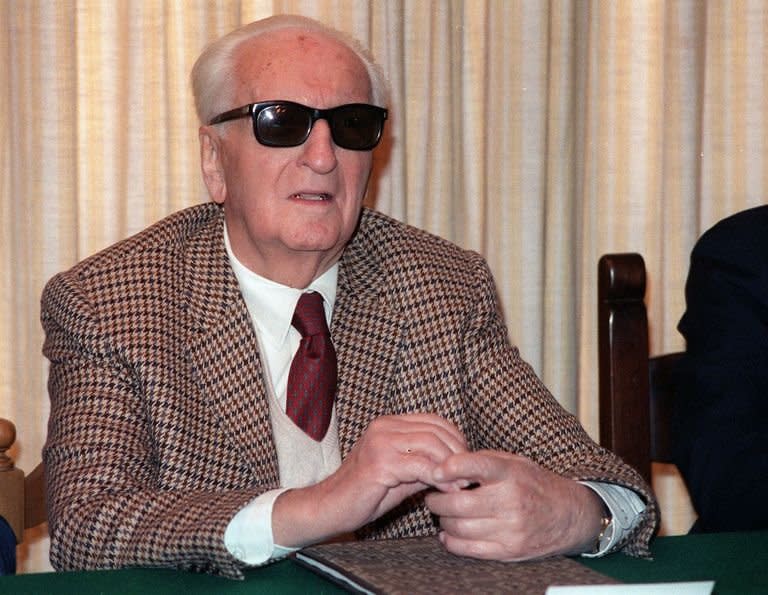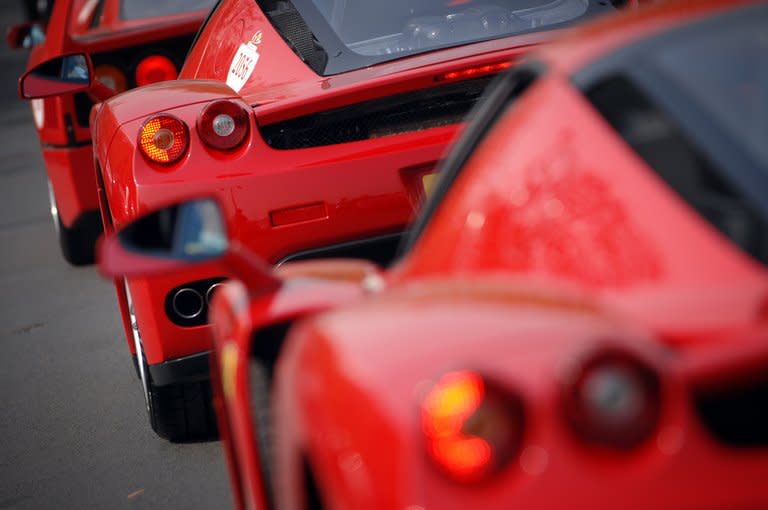Ferrari desperate for history lesson
The 25th anniversary of the death of Enzo Ferrari passed with no great fanfare this month, but in the middle of Formula One's summer break, it did stir memories of one of the greatest figures in the sport's history. The creator of the most famous marque in F1 history died at his home in Modena, on August 14, 1988. He was 90. Italy wept. Motor sport bowed respectfully and, at the Italian Grand Prix, just a few weeks later, on September 11, F1 delivered a typically-eventful fairy-tale to mark the occasion. In an era dominated by Honda power and the brilliance of the embattled McLaren pairing of Frenchman Alain Prost and Brazilian Ayrton Senna, the scarlet scuderia delivered a stunning one-two triumph on home soil. Austrian Gerhard Berger won the race ahead of his Italian team-mate Michele Alboreto after a bizarre incident -- in which Frenchman Jean-Louis Schlesser, standing in for chicken pox victim Briton Nigel Mansell -- inadvertently collided with the race-leading Brazilian at the first chicane with only two laps remaining. Senna was left beached and stranded. He was forced to retire and as that realization spread around the old Monza park, the tifosi broke into wild rapturous celebration. The two Ferraris streaked past and sped to a glorious triumph. It was the only race of the year won by anyone other than a McLaren-Honda driver. Berger dedicated his win to the team founder and, in scenes of wild pandemonium, Ferrari's legend was secured -- and a legacy that has recently been referred to again as the team rides a storm of disappointment in a season of under-achievement. Current Ferrari president Luca di Montezemolo, hired by Ferrari as team manager in 1973, believes the "old man's" credo that the team comes before all else and that it is the performance of the cars that matters most remains intact. "The example set by Enzo Ferrari is always kept in mind. He managed to realise his dream of building extraordinary cars thanks to his determination and his passion, characteristics that are part of the DNA of all the men and women who work for the company that bears his name," said the Ferrari chief. "Twenty five years on, he would be happy to see what Ferrari has become today, a unique industrial and racing institution, which represents Italian excellence and continues to enchant the millions and millions of fans of the marque, all over the world." At the time of his death, 25 years ago, Ferrari had established themselves as the most successful Formula One team in history, having claimed nine drivers' titles, eight constructors' crowns and 93 race victories. That dominance may not prevail today, as Spaniard Fernando Alonso and his Brazilian partner Felipe Massa struggle to keep pace with Red Bull and Mercedes, but the team's image and spirit lives on unchanged. The only team to have taken part in every season of the world championship since 1950, Ferrari has now won 16 constructors' titles and 15 drivers' crowns. Ferrari has won 221 of 862 races so far and will travel to Spa-Francorchamps for next weekend's Belgian Grand Prix hoping for an upsurge in form and more results as memorable as that at Monza in 1988.




